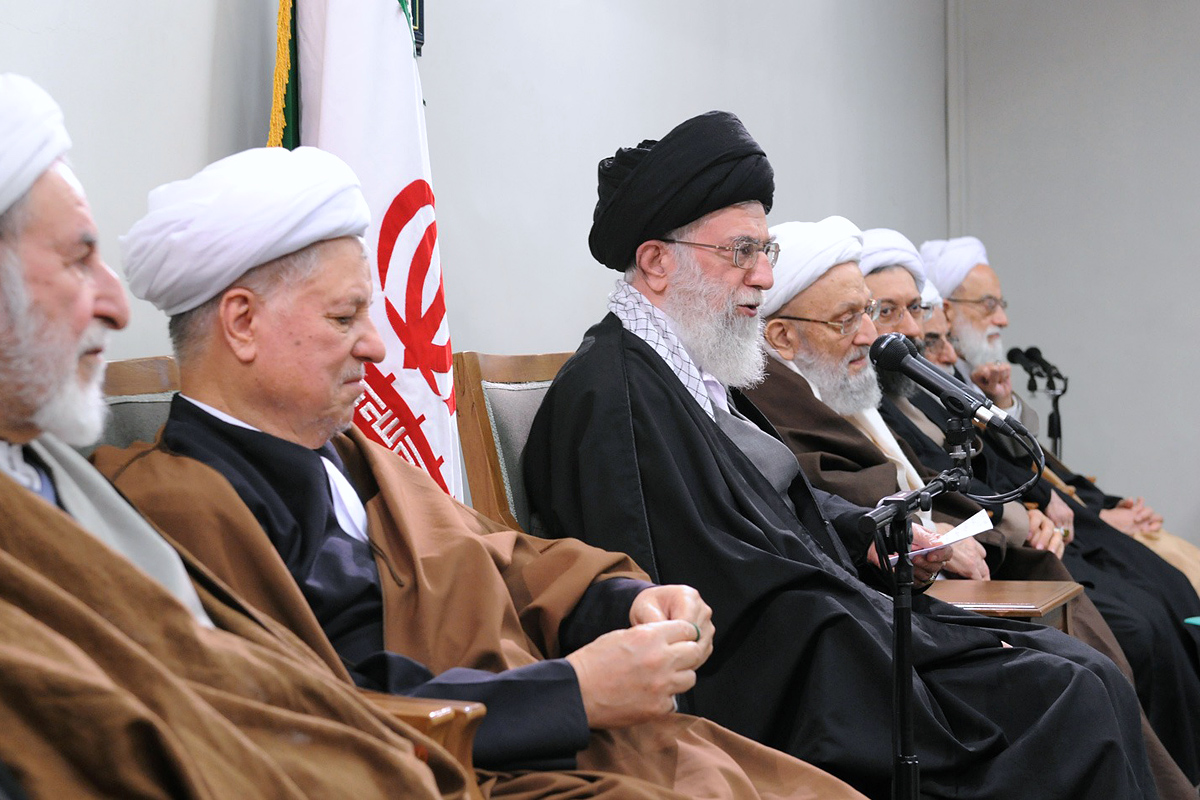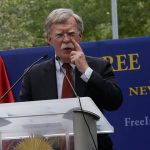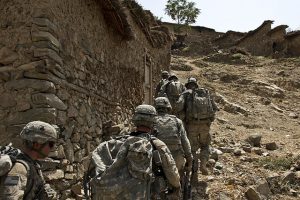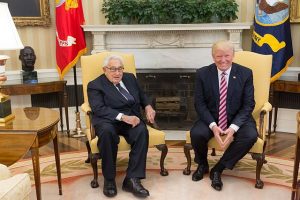by Jasmin Ramsey
Dennis Ross, President Obama’s former top Middle East aide, writes that the exclusion of Hashemi Rafsanjani from Iran’s June 14 election signals that Supreme Leader Ayatollah Ali Khamenei is uninterested in a nuclear deal:
I say that not because Rafsanjani would have been capable of initiating a deal on his own — any deal he might strike would still have to be acceptable to the Supreme Leader — but because if the Supreme Leader were interested in an agreement, he would probably want to create an image of broad acceptability of it in advance. Rather than having only his fingerprints on it, he would want to widen the circle of decision-making to share the responsibility. And he would set the stage by having someone like Rafsanjani lead a group that would make the case for reaching an understanding. Rafsanjani’s pedigree as Khomeini associate and former president, with ties to the Revolutionary Guard and to the elite more generally, would all argue for him to play this role.
Alireza Nader, a Rand analyst specializing on Iran, tells LobeLog the election has more to do with the power struggle in Tehran than Iran’s nuclear program. “Rafsanjani’s disqualification was a result of the rivalry between the former president and Khamenei. The nuclear program is important in Khamenei’s calculations, but it doesn’t appear to be the most important motivation,” said Nader.
In a Rand report released today, Nader expands on this notion, arguing that Khamenei is “primarily concerned with regime security”:
Khamenei will still play the decisive role on nuclear policy after the election. But the next Iranian president could have an opportunity to defuse some of the tensions created by Ahmadinejad. This is not to suggest that the election will lead to an immediate resolution of the crisis, but it is safe to assume that the next president will be less polarizing and more diplomatic than his predecessor. This could provide a limited easing of the nuclear stalemate, but the true problem for Iran’s nuclear program stems from conflicting interests between the United States and Iran, not from vexing personalities.Ross, unlike Nader, does not even allow for the possibility that a new presidential era in an economically pressured Iran — now free from the rabble-rousing Mahmoud Ahmadinejad — could present an opening for a less “intransigent position.”
Unlike Nader, Ross doesn’t even allow for the possibility that a new presidential era in an increasingly pressured Iran — free from the rabble-rousing Mahmoud Ahmadinejad — could present an opening for a less intransigent position. Still, Nader admits that Iran’s next president is likely to pursue the Supreme Leader’s nuclear policy:
…Saeed Jalili, Iran’s chief nuclear negotiator with the P5+1 and one of the main presidential candidates, tends to parrot Khamenei’s discourse of “resistance” regarding the United States. From Tehran’s standpoint, the answer to new and harsher sanctions could be a policy of greater intransigence, a policy that would be supported by both Khamenei and possibly the new president.
As if on cue, the Supreme Leader made another speech yesterday (for the anniversary of Ayatollah Khomeini’s death) urging the presidential candidates not to submit to Western pressure. “Some, following this incorrect analysis – that we should make concessions to the enemies to reduce their anger – have put their interests before the interests of the Iranian nation. This is wrong,” he said.
The US’ current approach has failed to compel Tehran to change it’s nuclear stance, so why not try something new? Enter the Center for Arms Control and Non-Proliferation, which published a report on the Iranian sanctions regime this week. “To make genuine progress on the Iranian nuclear issue, the Obama administration and Congress must shift their focus toward sanctions relief and compromise, rather than sticking with the pressure-only approach that’s proving increasingly counterproductive,” write Usha Sahay and Laicie Heeley. Of course, the opposite seems to be happening.





